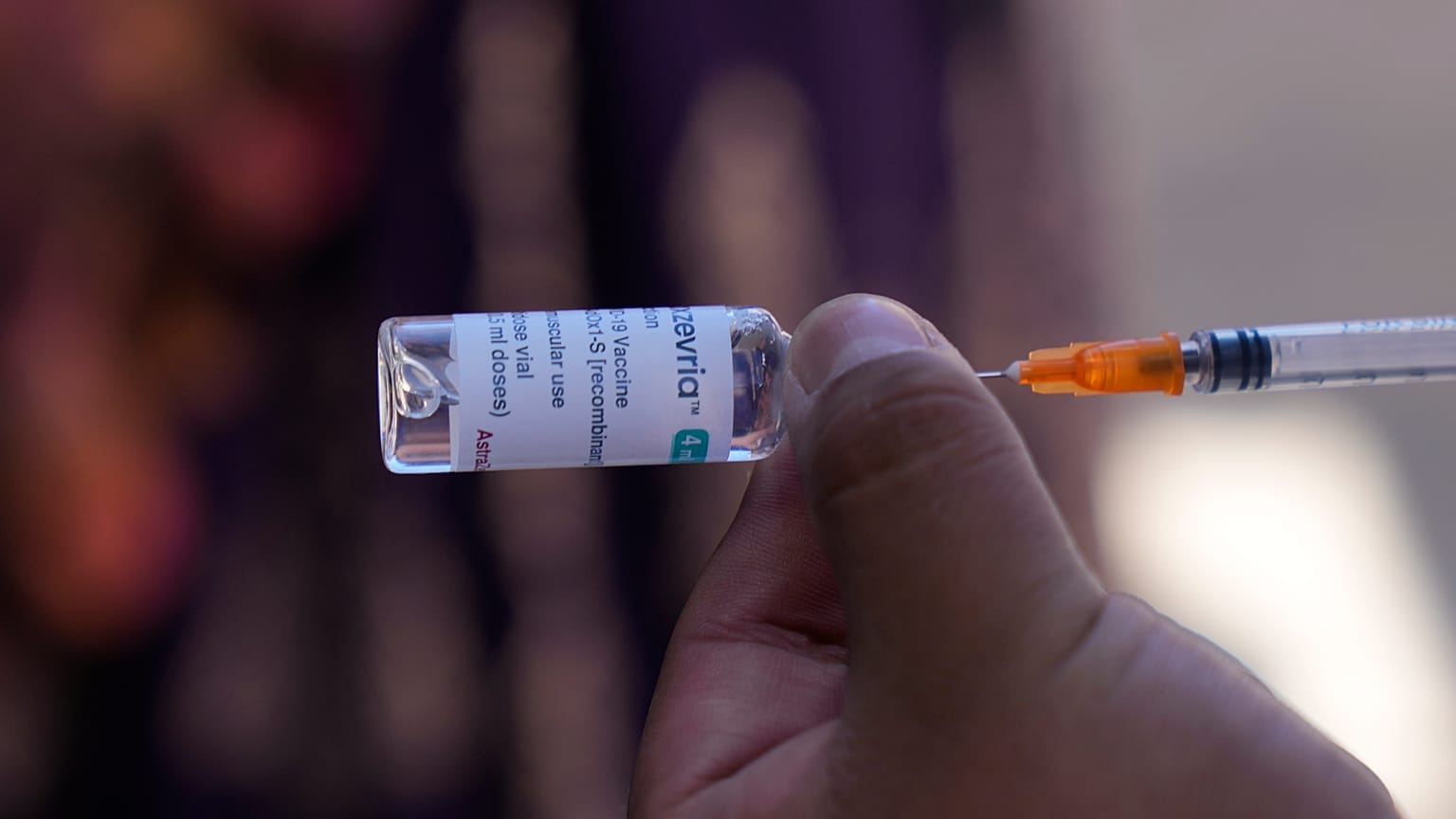The new LungVax vaccine will use technology similar to the Oxford/AstraZeneca COVID vaccine.
Researchers in the UK have been granted £1.7 million (€1.98 million) to develop a lung cancer vaccine.
The "LungVax" they aim to develop would be the world's first vaccine against lung cancer in people at risk of developing it.
The technology for the new vaccine will be similar to that used for the Oxford/AstraZeneca vaccine against COVID-19.
The funding will come from Cancer Research UK and the CRIS Cancer Foundation.
"Cancer is a disease of our own bodies and it’s hard for the immune system to distinguish between what’s normal and what’s cancer," Professor Tim Elliott, research lead for the LungVax project, said in a statement.
"Getting the immune system to recognise and attack cancer is one of the biggest challenges in cancer research today.
"If we can replicate the kind of success seen in trials during the pandemic, we could save the lives of tens of thousands of people every year in the UK alone," he added.
'Important step forward'
The team from the University of Oxford, the Francis Crick Institute, and University College London will receive funding over the next two years to carry out laboratory work and manufacture 3,000 doses.
If the lab tests show that the vaccine triggers an immune response, it will move to a clinical trial.
Cancer vaccines work by training the immune system to recognise cancer cells as abnormal.
Michelle Mitchell, chief executive of Cancer Research UK, said the project was a "really important step forward into an exciting future, where cancer is much more preventable".
"We’re in a golden age of research and this is one of many projects which we hope will transform lung cancer survival," she added.
Lung cancer accounted for 4.5 per cent of all deaths in the EU and one-fifth of cancer-related deaths in 2020, according to Eurostat. It is the leading cause of cancer death in the EU.
The largest risk factor for lung cancer is cigarette smoking, which is responsible for more than seven out of 10 cases, according to the UK's National Health Service (NHS).


















